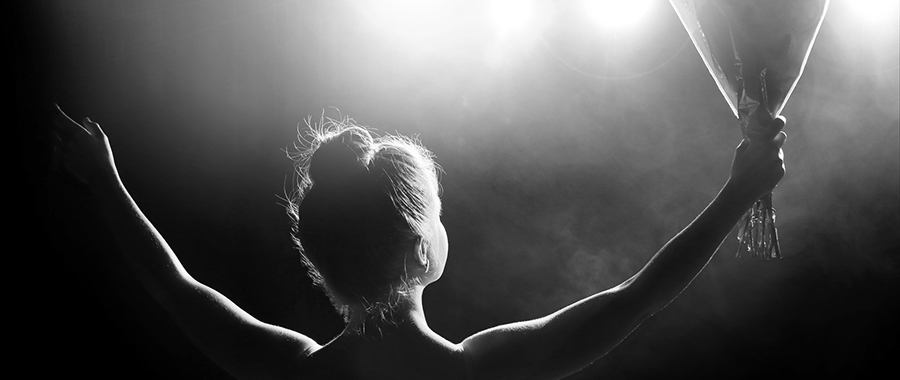Abdu’l-Bahá, the son of Bahá’u’lláh, the founder of the Bahá’í Faith, is recognized for his eloquence and profound contributions to the religion’s philosophical and theological fabric. Among his myriad of teachings and activities, Abdu’l-Bahá’s play, “The Drama of the Kingdom,” emerges as a unique artistic representation of Bahá’í principles. This work transcends mere entertainment; it embodies deep spiritual insights, didacticism, and an exploration of the roles of humanity in the unfolding drama of existence.
The play serves not only as a cultural artifact but also as a manifestation of the Bahá’í vision for social and spiritual transformation. An analysis of “The Drama of the Kingdom” reveals several key themes and motifs that are foundational to Bahá’í teachings, encapsulating the essence of Abdu’l-Bahá’s pedagogical methods and spiritual tenets.
At its core, the play addresses the concept of unity, a central tenet of Bahá’í belief. Within the narrative, characters from diverse backgrounds and ideologies converge, illuminating the necessity for collaboration and mutual understanding. Abdu’l-Bahá meticulously crafts scenarios that challenge societal norms which often promote division and disunity. The character arc development illustrates the metamorphosis of individuals who, when confronted with the realities of their own biases, ultimately embrace a shared humanity.
This thematic exploration extends to the idea of the Kingdom itself, which functions symbolically within the narrative. The term “Kingdom” denotes an elevated state of existence, one characterized by peace, justice, and the flourishing of virtues. The play posits that attaining such a state requires individual and collective transformation—an effort to transcend materialistic concerns and focus on spiritual aspirations. Abdu’l-Bahá subtly interweaves this premise throughout the dialogue, encouraging introspection and moral enhancement.
Moreover, the play showcases the importance of education as a pivotal element in fostering an enlightened society. Through various interactions among characters, it becomes evident that ignorance breeds discord, while knowledge fosters harmony. By emphasizing this correlation, “The Drama of the Kingdom” aligns itself with Abdu’l-Bahá’s own advocacy for universal education, particularly the empowerment of women and marginalized communities. The equipping of individuals with knowledge is portrayed as the catalyst for societal progress.
Another significant aspect to consider is the allegorical nature of the play. Each character may represent broader archetypes, embodying virtues or vices that are prevalent within the human experience. The use of allegory provides a multi-dimensional layer to the narrative, inviting audiences to extract personal meaning and reflection from the story. This method of storytelling is not atypical in spiritual literature; however, Abdu’l-Bahá’s approach is distinctively proactive, urging the audience toward a clearer understanding of their own duties and responsibilities in the material and spiritual realms.
The dialogue is rich with philosophical discourses that invite deeper engagement. Phrases and conversations resonate with aphoristic wisdom—moments where the implications of shared knowledge and spiritual truth are pondered. Through character interactions, the viewer is prompted to grapple with questions of existence, purpose, and divine unity. The dialectical exchanges serve as a reflective mirror, challenging participants to evaluate their own lives against the lofty ideals presented.
An enticing element of Abdu’l-Bahá’s play is its prophetic vision of a future marked by socio-political transformation. Recommendations for governance based on equity, justice, and the welfare of humanity abound in the narrative, showcasing an intrinsic synthesis of spirituality and public life. Abdu’l-Bahá skillfully posits that true governance must emanate from a collective consciousness attuned to divine guidance rather than fragmentary human interests. Thus, the play becomes not just a dramatization but a clarion call for a reformed society, aspiring towards a prophetic ideal.
The performance aspect of “The Drama of the Kingdom” encapsulates the Bahá’í belief that art and beauty are integral to the divine message. The act of dramatization speaks to the transcendent nature of creativity in accessing higher truths. The aesthetic dimension of the play serves to elevate the discourse beyond intellectual comprehension, engaging the emotions of the audience, thereby culminating in a holistic learning experience. The interplay of theatrical elements—costume, music, and choreography—adds layers of meaning, transforming the reception of Bahá’í teachings into an immersive sensory experience.
Furthermore, this work is a testament to the importance of community engagement. Within the context of a play, audiences are not mere passive observers; they are active participants in a communal dialogue, reinforcing the notion of collective learning. By inviting audiences into an interactive space, Abdu’l-Bahá emphasizes the necessity of fostering discussions around Bahá’í principles in communal settings.
In conclusion, Abdu’l-Bahá’s “The Drama of the Kingdom” functions as an intricate tapestry of Bahá’í teachings, woven with thematic depth and artistic brilliance. This play goes beyond the parameters of mere storytelling; it serves as an educational vehicle designed to instill virtues, encourage transformation, and provoke critical thought. It invites its audience to embrace the principles of unity, education, moral evolution, and active participation in societal betterment. Ultimately, “The Drama of the Kingdom” remains a seminal work within the Bahá’í literary canon, resonating with those seeking to comprehend the nuances of human existence and the pivotal role of spirituality in shaping a just and harmonious world.
